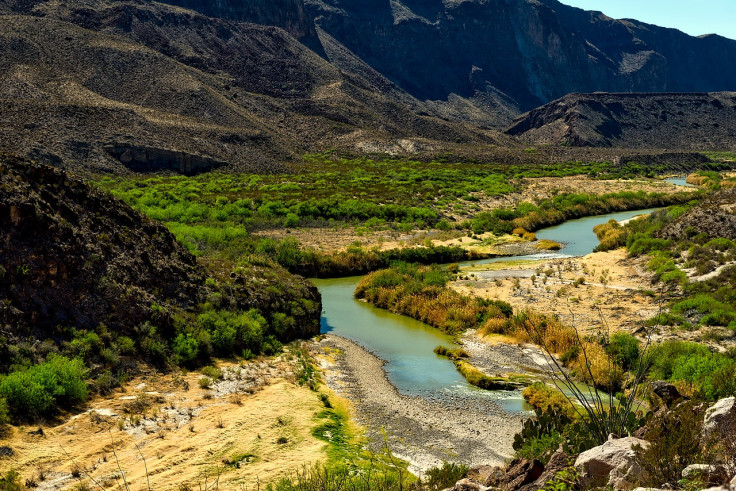
Texas officials are asking patients about their citizenship or immigration status to assess the costs of care for undocumented immigrants. At the same time, the state is purchasing large plots of land in the Rio Grande Valley to help build a border wall and offering land to the incoming Donald Trump administration to help carry out its mass deportation plans. However, a 2006 study found undocumented immigrants contributed more to Texas than they cost the state,and the state hasn't conducted a new one in nearly two decades.
The 2006 analysis, conducted by then-Texas Comptroller Carole Keeton Strayhorn, found that undocumented immigrants living in Texas in 2005 contributed more than $1.6 billion in state revenues, exceeding the $1.2 billion in services they received. Strayhorn's study also found that deporting the 1.4 million undocumented immigrants in Texas at the time could cost the state $17.7 billion in gross domestic product (GDP), as reported by the Texas Tribune.
Despite these findings, Texas has not updated the analysis, even as new reports from universities and nonprofits continue to support Strayhorn's conclusions. Critics argue that the state's current stance on immigration overlooks the economic benefits of undocumented immigrants, a point echoed by groups like the American Business Immigration Coalition.
"The situation is clear: Texas needs the workers," said Juan Carlos Cerda, the coalition's Texas state director. "Industries like construction, agriculture, and healthcare rely heavily on immigrant labor, much of which has been in the state for decades."
Recent reports from the Perryman Group and Rice University's Baker Institute have also found that undocumented immigrants contribute billions to the state economy. A 2016 study by the Perryman Group estimated that undocumented workers contributed $11.8 billion, after subtracting the $3.1 billion spent on services.
Yet, despite this, Texas leaders have continued to push for stricter immigration policies. In 2021, Texas Land Commissioner Dawn Buckingham offered 1,400 acres of land to the incoming Trump administration for use in building a border wall. Meanwhile, Texas lawmakers like State Sen. César Blanco have attempted, without success, to push for regular updates to the state's analysis on undocumented immigration's impact.
Without updated information, critics argue that the state is missing an opportunity to make informed decisions about immigration policy. "Immigrants are part of the backbone of Texas' economy," said Blanco, highlighting the importance of regular reviews to better understand the costs and contributions of undocumented immigrants.
According to a new report, President-elect Donald Trump's promise to carry out mass deportations of undocumented immigrants could profoundly impact the U.S. economy, potentially cutting as much as 6.8% of national GDP.
Although undocumented workers make up a small portion of the total U.S. workforce, they are essential in sectors like construction and agriculture, where the highest shares of labor without a residence permit are found (13.7% and 12.7%, respectively). Industries like plastering, roofing, and agriculture are also heavily dependent on immigrant labor, according to a report from American Immigration Council. Hospitality comes in third place, with a share of 7.1%
© 2025 Latin Times. All rights reserved. Do not reproduce without permission.











